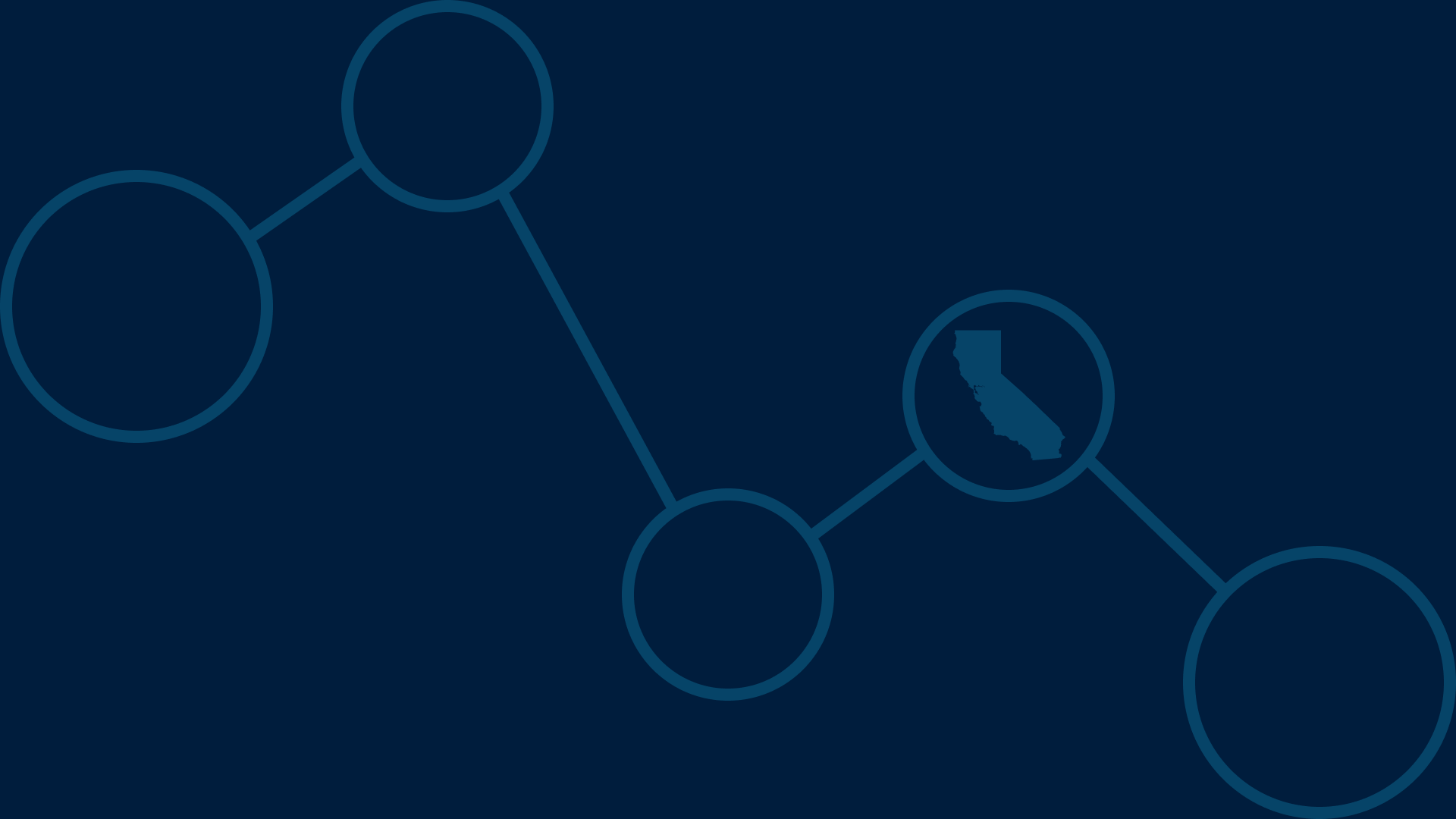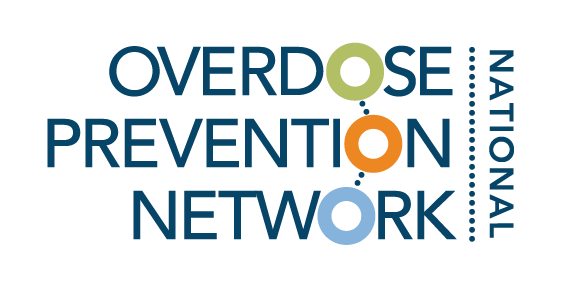
-
ABOUT THE NETWORK
The COPN Accelerator Program launched in 2018 to support local coalitions looking to strengthen their impact. The Accelerator 1.0 cohort focused on fundamentals of coalition building and overdose prevention strategies. The second cohort, or Accelerator 2.0, helped coalitions fortify their local partnership strategy. The third cohort, or Accelerator 3.0 cohort is designed to help coalitions use a data-driven approach to address rising rates of fentanyl, stimulants, and other drugs. The fourth cohort, or Accelerator 4.0, helped coalitions apply a health-equity lens to their overdose prevention in response to fentanyl and other drugs. The Accelerator 5.0 program is strengthening participating coalitions apply a sustainability approach to overdose prevention efforts.
ABOUT COPN ACCELERATOR 6.0
Using a guided process, your team will apply principles of strategic communications to fortify your coalition’s overdose and substance use prevention goals. Guided tools, facilitated workshops, and technical assistance provided by subject matter experts will enable your team to meet your coalition’s specific needs while also providing an opportunity to learn from other communities across California.
-
Phase 1: Framing and Strategy
During the first 5 months of the program, teams will undergo a guided process including understanding the messaging strategy, framing, message development, and communicating with different audiences.
Phase 2: Message Delivery
During the remaining 5 months of the program, teams will use the information they acquired during the first phase of the program to conduct an applied communications and messaging project.
WORKSHOP SEVEN
September 16 | 10:30 am - 12:00 pm
OTHER EVENTS
October 21 | 10:30 am - 12:30 pm
Impact coaching & learning groups
Learning groups help our participating teams to focus on a strategy or area of interest of their choice, giving teams the ability to customize the program experience to meet the specific needs within their communities.
The purpose of impact coaching and monthly learning group calls are to:
Facilitate a learning community / resource sharing with peer coalitions
Focus on coalition performance, partnerships and ‘big picture’
Challenge coalitions to look at things from an effectiveness perspective
Encourage support and benchmark progress
Provide linkages to tools, resources, and content experts
This program will offer two distinct learning groups to maximize peer support and communication:
1. General learning group for well-established coalitions in mixed urban and suburban areas.
2. "Rural hub" learning group for peer learning and exchange among rural communities.
Calls take place each month with your Impact Coach, Dr. Mary Maddux-Gonzalez, MD, MPH, and the other teams in your learning group. During these calls you will discuss your team’s progress, gain insights from peer coalitions, and explore new ideas.
Teams
The COPN Accelerator 6.0 program is comprised of 13 participating teams, which collectively represent 24 California counties.
Resources & tools
-
Tools and resources shared by other Accelerator coalitions during learning group calls. Please also check out the COPN resource library for more tools and resources.
Coalition Building and Infrastructure
Messaging
Prevention
3/31 10:am – 11:15 am PT Fentanyl Overdose Awareness: Critical Information and Prevention: Join Dr. Bonnie Halpern-Felsher from Stanford's REACH Lab, where she will provide information on the dangers of illegal fentanyl, impact on adolescents and young adults, harm-reduction strategies, and educational resources available to educators, students, parents, and more. Register here: https://tinyurl.com/2jbs55v9
Treatment
Opportunities for virtual and in-person CA Bridge collaboratives
CDC: Treat and Manage Infants Affected by Prenatal Opioid Exposure
Harm Reduction
In the Works: Implementing Harm Reduction Vending Machines Training Course
Announcement from LAUSD on Allowing Distribution of Narcan on School Campuses
Other
-
